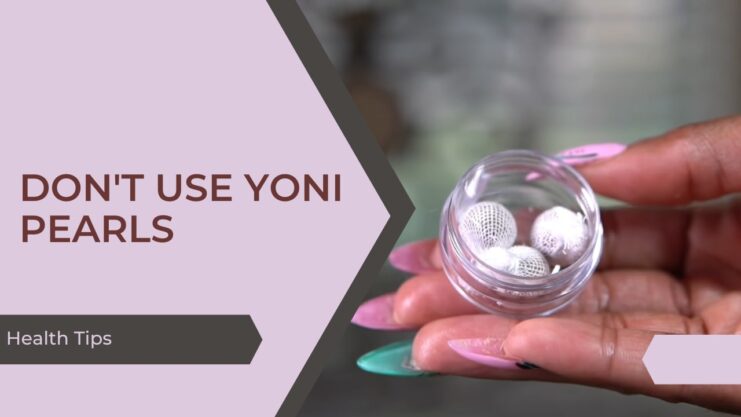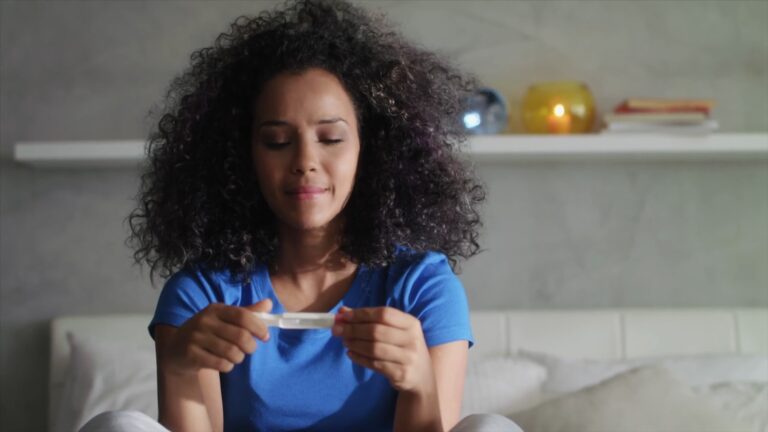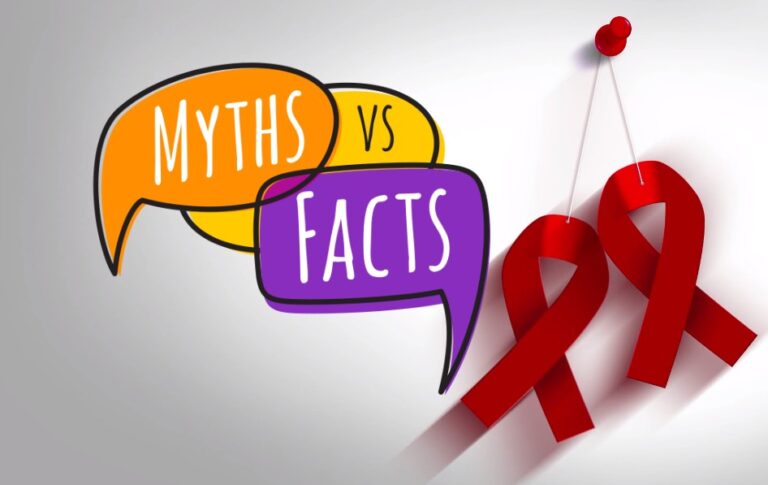In recent years, more and more people are becoming interested in alternative and natural remedies for their health. They are starting to question traditional medicine and want to find holistic ways to stay healthy. This has been influenced by a few different things.
One is that people are becoming less trusting of medications and treatments made by pharmaceutical companies. They want to go back to using natural solutions instead.
Another reason is that social media has a big impact on our lives, and influencers and celebrities on these platforms are always talking about the benefits of natural remedies. One popular alternative remedy for women is something called yoni pearls.
They are small, bead-like objects that are said to improve sexual health, cleanse the reproductive system, and make you feel better overall. Many women have started using them as part of their wellness routines.
But as more and more people start using yoni pearls, there has been a debate about whether they really work and if they are safe. Are these yoni pearls really the amazing cure-all that they are advertised to be, or is there more to the story that we don’t know?
1. Risk of Infections
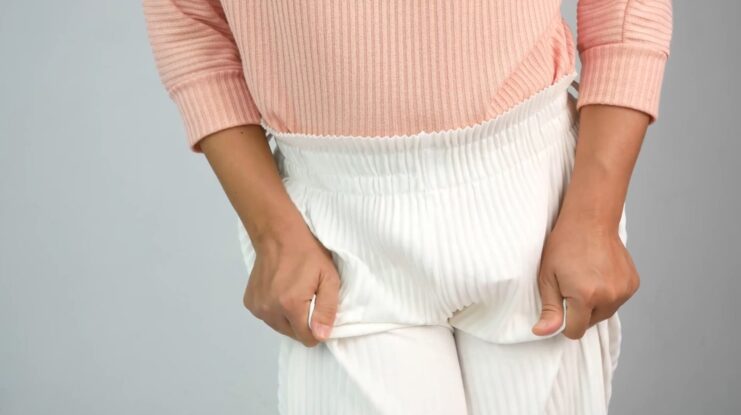
The vagina, often referred to as a self-regulating marvel of the human body, thrives on a delicate balance of bacteria. This balance, known as the vaginal microbiome, is predominantly maintained by beneficial bacteria called lactobacilli.
These bacteria play a crucial role in keeping the vaginal environment slightly acidic, which helps fend off harmful pathogens. However, when foreign objects like yoni pearls are introduced, they can disrupt this natural balance, leading to an overgrowth of harmful bacteria.
Yeast Infections (Candidiasis)
- Causes: Caused by an overgrowth of the fungus Candida, which is naturally present in the vagina. However, when the balance is disrupted, this fungus can multiply uncontrollably.
- Symptoms: Women with yeast infections often experience itching, burning sensations, and pain during intercourse. The discharge is typically thick, and white, and resembles cottage cheese.
- Treatment: Antifungal medications, either oral or topical, are usually prescribed. It’s essential to consult a healthcare professional for an accurate diagnosis and treatment.
Bacterial Vaginosis (BV)
- Causes: bacterial vaginosis occurs when harmful bacteria outnumber the beneficial ones. The exact cause isn’t always known, but factors like douching or having multiple sexual partners can increase the risk.
- Symptoms: The most noticeable symptom is a fishy odor, especially after intercourse. Women may also experience itching, burning, and a greyish-white discharge.
- Treatment: Antibiotics are typically prescribed to treat BV. As with any infection, it’s crucial to complete the entire course of treatment, even if symptoms improve.
Pelvic Inflammatory Disease (PID)
- Causes: PID is an infection of the female reproductive organs, usually caused by sexually transmitted bacteria that spread from the vagina to the uterus, fallopian tubes, or ovaries.
- Symptoms: PID can sometimes be asymptomatic. However, when symptoms do appear, they can range from mild pelvic pain to severe pain, fever, unusual discharge, and painful urination.
- Treatment: PID requires prompt treatment with antibiotics. In severe cases, hospitalization might be necessary.
2. Challenge of Removal
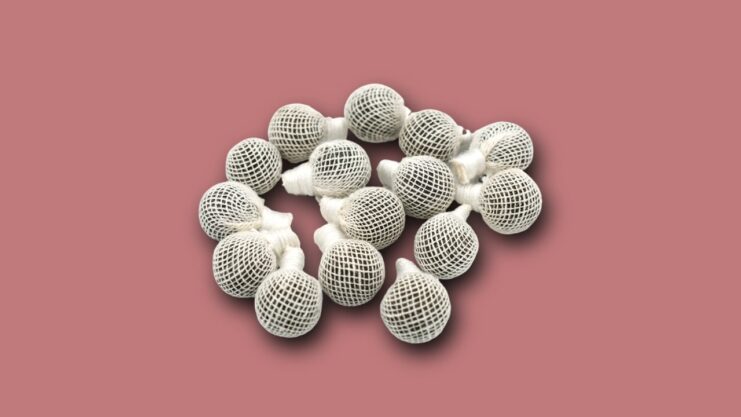
Yoni pearls, often crafted from smooth beads, are designed for vaginal insertion. However, their design can pose significant challenges:
- Difficult Extraction: The smooth surface of the pearls can make them slippery, making it challenging to grasp and remove them. This can lead to unintentional pushing of the pearl further up the vaginal canal.
- Extended Retention Risks: Leaving yoni pearls inside for prolonged periods can lead to bacterial overgrowth, given the warm and moist environment of the vagina. This can significantly increase the risk of the infections mentioned above.
- Physical Damage: In attempts to remove a stuck yoni pearl, there’s a risk of causing physical damage to the vaginal walls, leading to abrasions or micro-tears. These injuries can become entry points for infections.
3. Potential for Pain and Discomfort
The vagina, with its intricate design and function, is one of the most sensitive parts of the female body. Its walls are lined with numerous nerve endings, making it highly receptive to sensations, both pleasurable and painful.
Introducing foreign objects, particularly those not tailored for the vaginal environment, can lead to several complications.

Pain During and After Insertion
- Cause: The insertion of any foreign object, especially if not done gently or with the right lubrication, can cause discomfort. Yoni pearls, given their texture and size, might not always align with the natural contours of the vagina, leading to pain during insertion.
- Management: If pain is experienced, it’s essential to stop the insertion process immediately. Continued force can lead to more significant damage. If the pain persists after removal, seeking medical advice is crucial.
Persistent Irritation
- Cause: The materials or herbs used in yoni pearls might not always be compatible with the vaginal environment. This can lead to an allergic reaction or general irritation.
- Symptoms: Redness, itching, swelling, and a burning sensation are common signs of irritation.
- Management: Removing the yoni pearl and avoiding further use is the first step. Over-the-counter creams might help, but it’s always best to consult with a healthcare professional.
Bleeding or Abrasions
- Cause: Forceful insertion, removal, or the mere presence of a foreign object can lead to micro-tears in the vaginal walls.
- Symptoms: Spotting or light bleeding, coupled with pain or a burning sensation.
- Management: Immediate removal of the yoni pearl and refraining from inserting anything else until healing occurs is essential. If bleeding persists, seeking medical attention is vital.
4. The Lack of Regulation
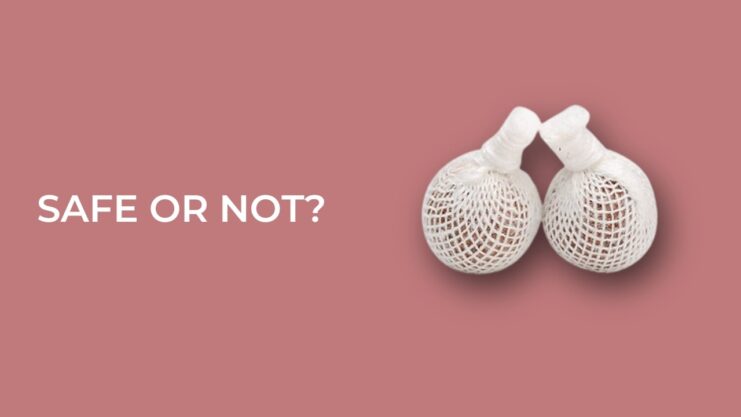
The Food and Drug Administration (FDA) plays a pivotal role in ensuring the safety and efficacy of products. However, the lack of regulation for yoni pearls raises several concerns:
Unverified Safety and Effectiveness
- Implication: Without rigorous testing and validation, there’s no way to guarantee that yoni pearls are safe or that they deliver on their promises.
- Consumer Risk: Users are essentially taking a gamble with their health, relying on anecdotal evidence or marketing claims.
Potential for Harmful Ingredients
- Implication: Manufacturers might use materials or ingredients that are not body-safe or that can be harmful when introduced into the vaginal environment.
- Consumer Risk: Allergic reactions, chemical burns, or long-term health implications are potential risks.
Risk of Contamination
- Implication: Without proper oversight, there’s no assurance that yoni pearls are produced in sterile environments.
- Consumer Risk: Introducing contaminated pearls can lead to severe infections or health complications.
5. The Myth of Necessity
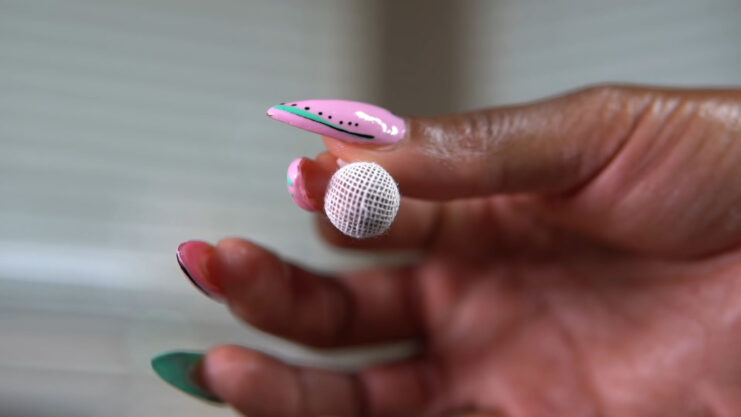
The vagina’s design is nothing short of remarkable. One of its most impressive features is its ability to self-clean, maintaining a healthy environment without external intervention. However, misconceptions persist:
The Self-Cleaning Mechanism
- How it Works: The vagina naturally produces mucus, which carries away dead cells and potential pathogens. This mucus, often seen as discharge, is a sign of a healthy, functioning vagina.
- Implication: Introducing products like yoni pearls can disrupt this natural cleaning process, leading to imbalances and potential health risks.
The Dangers of External Products
- Implication: Products like yoni pearls, douches, or even some soaps can alter the vagina’s pH level, making it more susceptible to infections.
- Consumer Risk: Regular use of such products can lead to recurrent infections, discomfort, and long-term health issues.
Additional Concerns
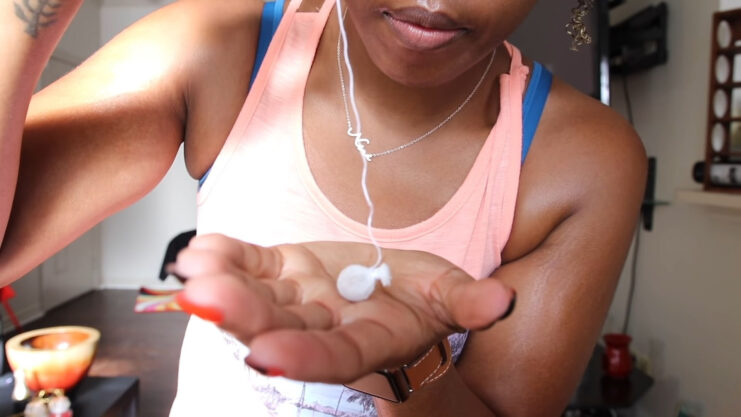
When considering the use of yoni pearls, it’s crucial to look beyond the immediate health implications. Several other concerns warrant attention:
Misleading Marketing
- The Allure of “Natural”: The term “natural” is often used as a marketing strategy, implying that a product is inherently safe or beneficial. However, “natural” doesn’t always equate to “safe” or “effective.”
- The Science Gap: Despite the claims made by many Yoni pearl manufacturers, there’s a glaring lack of scientific research to back them. Consumers are often left relying on anecdotal evidence, which can be misleading.
Potential Irritants
- Herbs and Essential Oils: While these might sound benign, the vaginal environment is particularly sensitive. Ingredients that are safe for external use or ingestion might not be safe for internal use.
- Reactions: The introduction of these ingredients can lead to allergic reactions, chemical burns, or long-term sensitivities.
The Cost Factor
- High Price for Uncertain Benefits: Yoni pearls, given their marketing as a premium natural remedy, often come with a hefty price tag. When weighing the cost against the potential risks and unverified benefits, it’s worth questioning the investment.
Safer Alternatives for Vaginal Health

For those genuinely interested in enhancing vaginal health, several evidence-backed methods are both safer and effective:
Diet and Hydration
- Impact: A well-balanced diet ensures that the body gets all the necessary nutrients. Staying hydrated supports mucous membranes, including those in the vagina.
- Foods to Consider: Probiotic-rich foods like yogurt can promote a healthy vaginal microbiome.
Exercise
- Benefits: Regular exercise boosts circulation, which can enhance vaginal health. It also supports overall hormonal balance and well-being.
- Types: Pelvic floor exercises or Kegels can specifically strengthen vaginal muscles.
Clothing Choices
- Breathability: Fabrics like cotton allow the vaginal area to breathe, reducing moisture buildup, which can be a breeding ground for bacteria.
- Avoiding Tight Clothing: Constant friction or pressure can lead to irritation.
Good Hygiene
- Simple Practices: Actions like wiping from front to back can prevent the spread of bacteria. Also, using mild, fragrance-free soaps can prevent irritation.
- Avoiding Douches: The vagina doesn’t need internal cleaning with soaps or douches. These can disrupt the natural balance.
Regular Check-ups
- Prevention is Better: Regular gynecological check-ups can detect potential issues before they become severe. It’s also an opportunity to discuss any concerns or questions.
FAQs
Why do people buy Yoni Pearls?
People often purchase Yoni pearls due to societal shame about the way their genitals smell, look, and function. Misinformation spread through marketing, media, and societal norms has perpetuated the idea that vaginas are supposed to be “cleaned” or “detoxed,” leading individuals to buy potentially harmful products.
Are Yoni Pearls safe?
There is no research to support the safety of putting herbs inside the vagina. Using Yoni pearls can disrupt the natural balance of the vaginal microbiome, potentially leading to infections. Common side effects include vaginal dryness, itching, stinging, cramping, and unusual discharge.
Who should avoid using Yoni Pearls?
Everyone should avoid using Yoni pearls. They are especially dangerous for individuals with allergies to specific herbs and should be avoided by pregnant or breastfeeding individuals.
What should one do if they are concerned about their vaginal health?
If someone is concerned about their vaginal health, they should consult a gynecologist. The vagina is a self-cleaning organ, and there’s no need for detoxification. If there are concerns about unusual symptoms or odors, a medical professional can provide guidance and treatment if necessary.
Final Thoughts
The world of alternative remedies can be both enticing and overwhelming. While yoni pearls might seem like a promising solution to vaginal health concerns, it’s essential to approach them (and similar products) with a healthy dose of skepticism.
Your body’s well-being should always be the top priority. Before making any decisions about your sexual health, always consult with a healthcare professional.
They can provide guidance tailored to your unique needs, ensuring that you make the best choices for your body.

